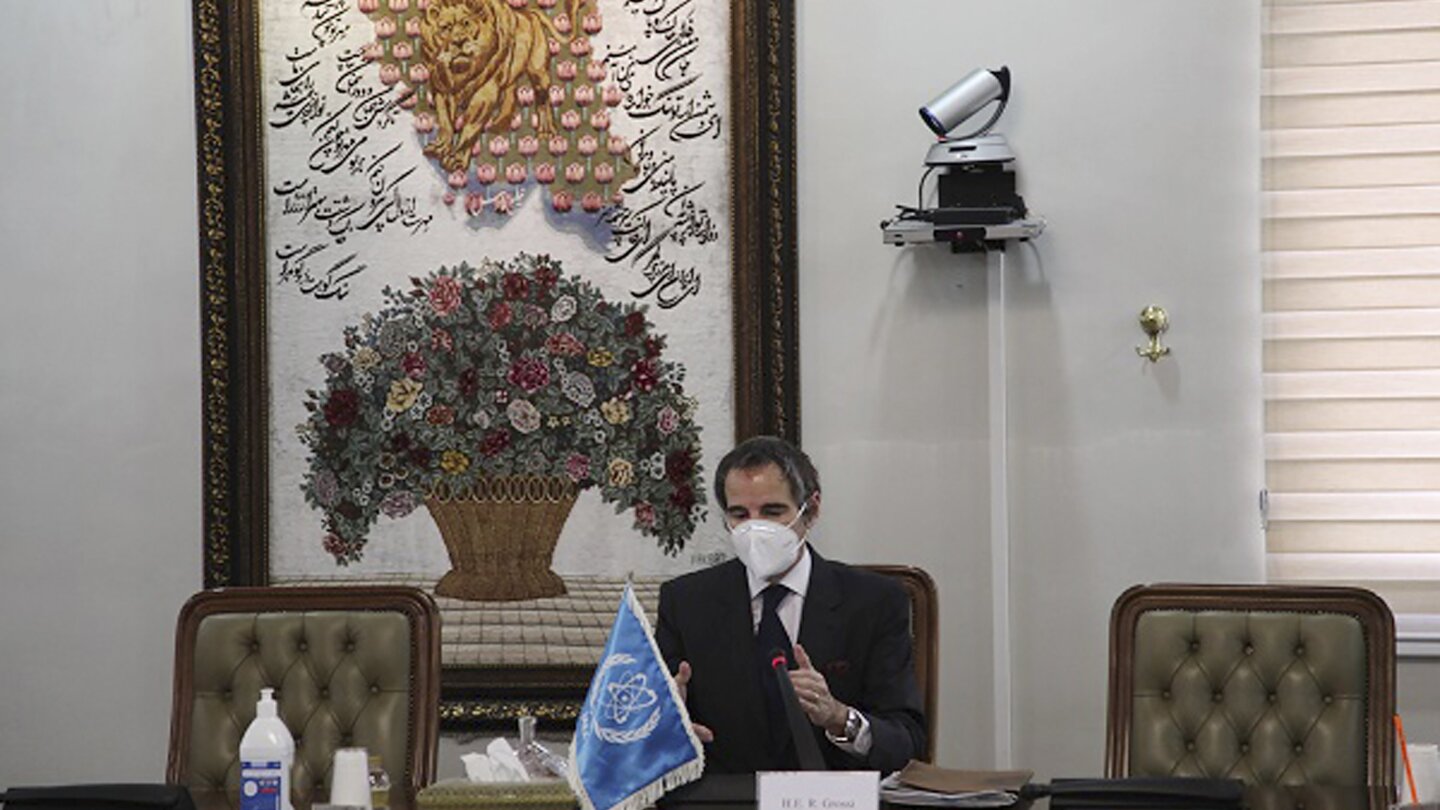
UN nuclear chief says Iran to grant ‘less access’ to program
Associated PressTEHRAN, Iran — Iran will begin to offer United Nations inspectors “less access” to its nuclear program as part of its pressure campaign on the West, though investigators will still be able to monitor Tehran’s work, the U.N. atomic watchdog’s chief said Sunday. And the parliament adopted legislation — whether we like it or not.” Zarif’s comments marked the highest-level acknowledgement yet of what Iran planned to do when it stopped following the so-called “Additional Protocol,” a confidential agreement between Tehran and the IAEA reached as part of the landmark 2015 nuclear deal. The agency also said then that it had placed “2,000 tamper-proof seals on nuclear material and equipment.” In his interview, Zarif said authorities would be “required by law not to provide the tapes of those cameras.” It wasn’t immediately clear if that also meant the cameras would be turned off entirely as Zarif called that a “technical decision, that’s not a political decision.” “The IAEA certainly will not get footage from those cameras,” Zarif said. “He is prepared to go to the table to talk to the Iranians about how we get strict constraints back on their nuclear program,” Sullivan told CBS’s “Face the Nation.” “That offer still stands, because we believe diplomacy is the best way to do it.” On U.S. citizens being held by Iran, Sullivan added: “We have begun to communicate with the Iranians on this issue.” Iranian Foreign Ministry spokesman Saeed Khatibzadeh told state TV late Sunday night responding to Sullivan that “there are no direct talks between Iran and the U.S. in any field.” However, Khatibzadeh said the Swiss Embassy in Tehran, which has looked out for American interests in the decades since the 1979 hostage crisis, has passed messages between the countries on prisoner issues since Biden took office.
History of this topic
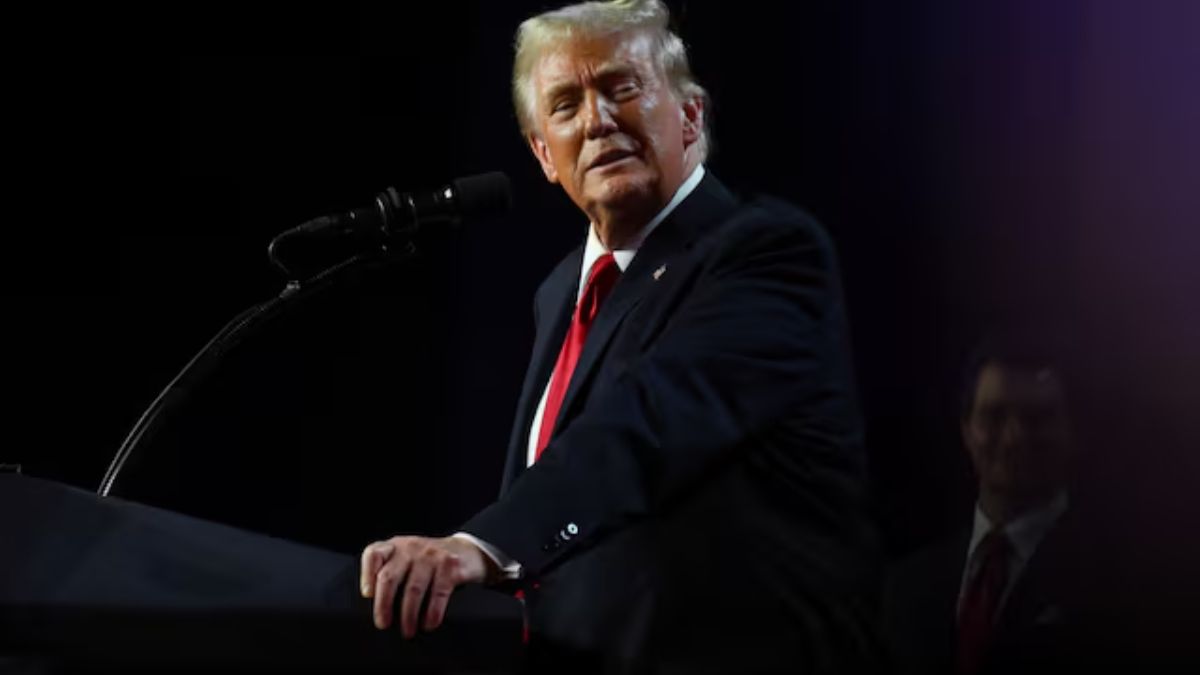)
Trump weighs options for Iran's nuclear programme, keeps preemptive strikes on table: Report
Firstpost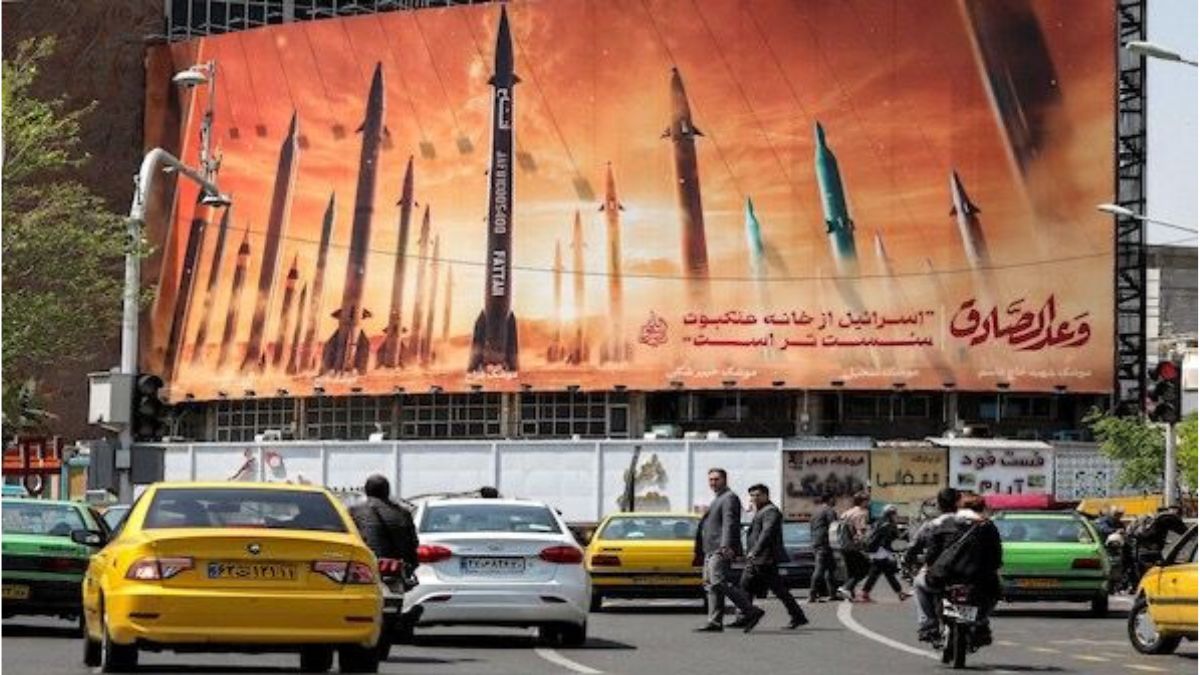)
Under Trump's shadow, Iran-Europe nuclear talks to be test of diplomacy
Firstpost
Iran plans to install 6,000 centrifuges to enrich uranium, IAEA says
Al Jazeera
Iran to begin enriching uranium with thousands of advanced centrifuges, says UN watchdog
New Indian Express)
Iran to hold nuclear talks with UK, France & Germany tomorrow
Firstpost
Welcome willingness to talk on part of Iran
Hindustan TimesUN nuclear agency’s board condemns Iran for the 2nd time this year for failing to fully cooperate
Associated Press
Iran sharply expands stockpile of nuclear fuel ahead of Trump’s return
Live Mint
‘Fabricated story by American media,’ Iran denies meeting between envoy and Elon Musk
Live Mint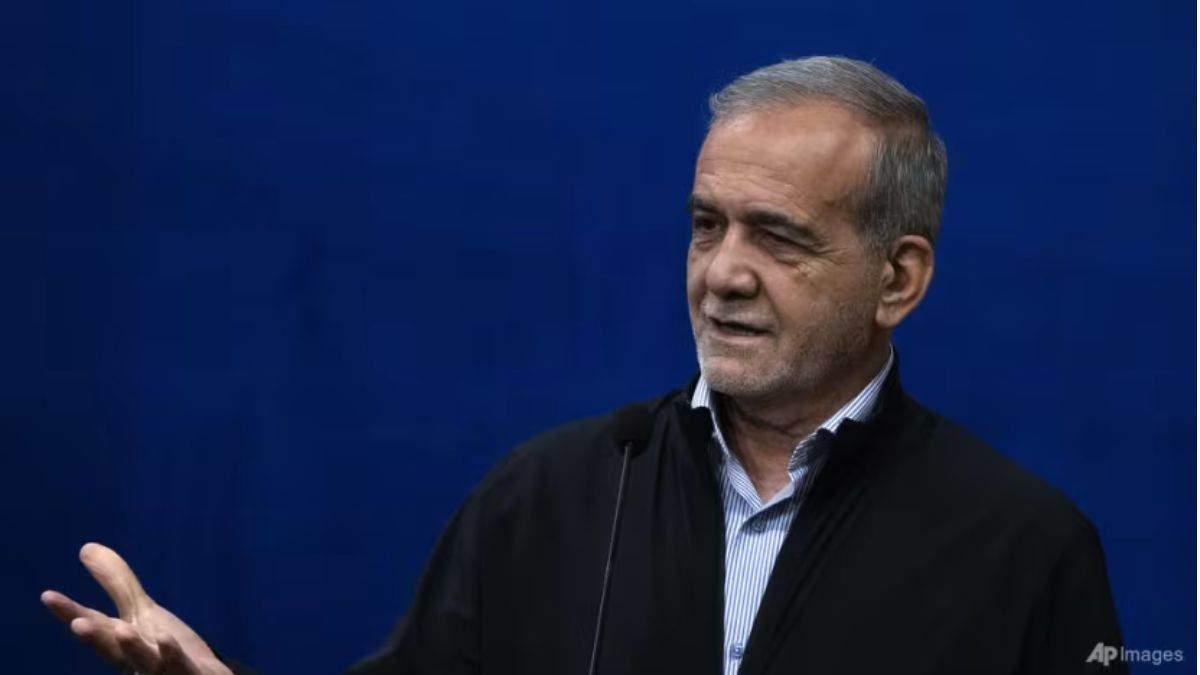)
Iran willing to resolve 'ambiguities' over atomic programme, Iranian President Pezeshkian tells UN nuclear chief
FirstpostHead of UN’s nuclear watchdog visits Iran as Mideast wars and Trump’s return raise worries
Associated Press
Iran willing to ‘resolve doubts’ about its atomic programme with IAEA
Al Jazeera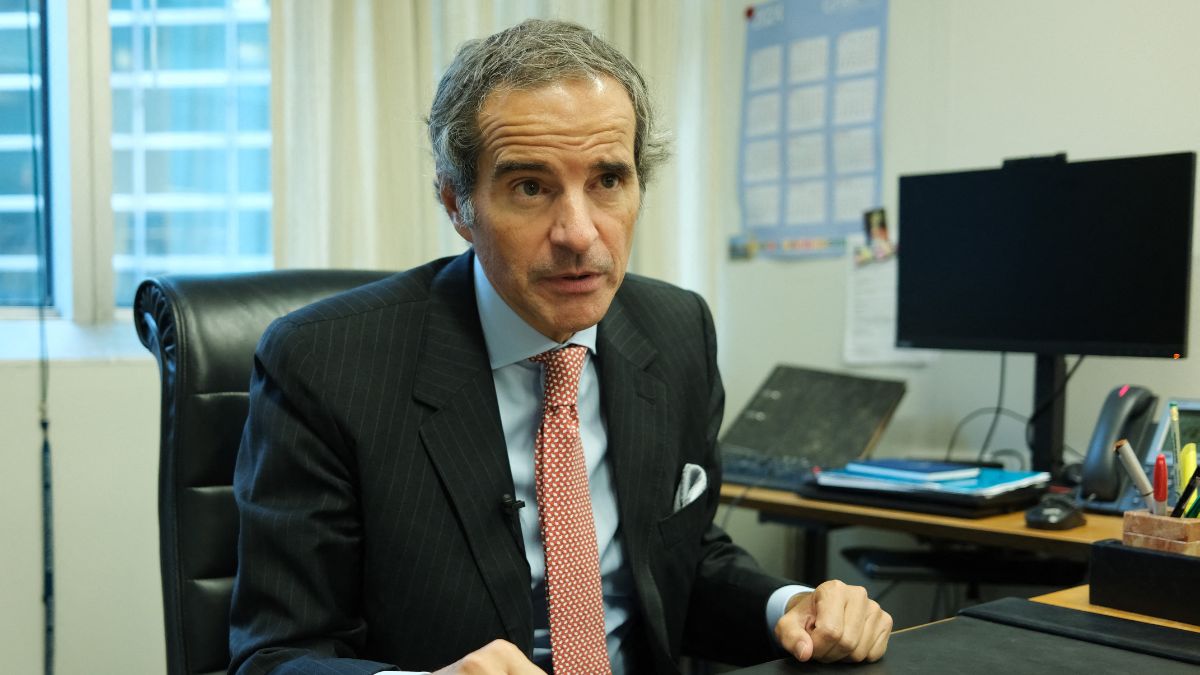)
IAEA chief Rafael Grossi arrives in Iran for talks on nuclear programme
Firstpost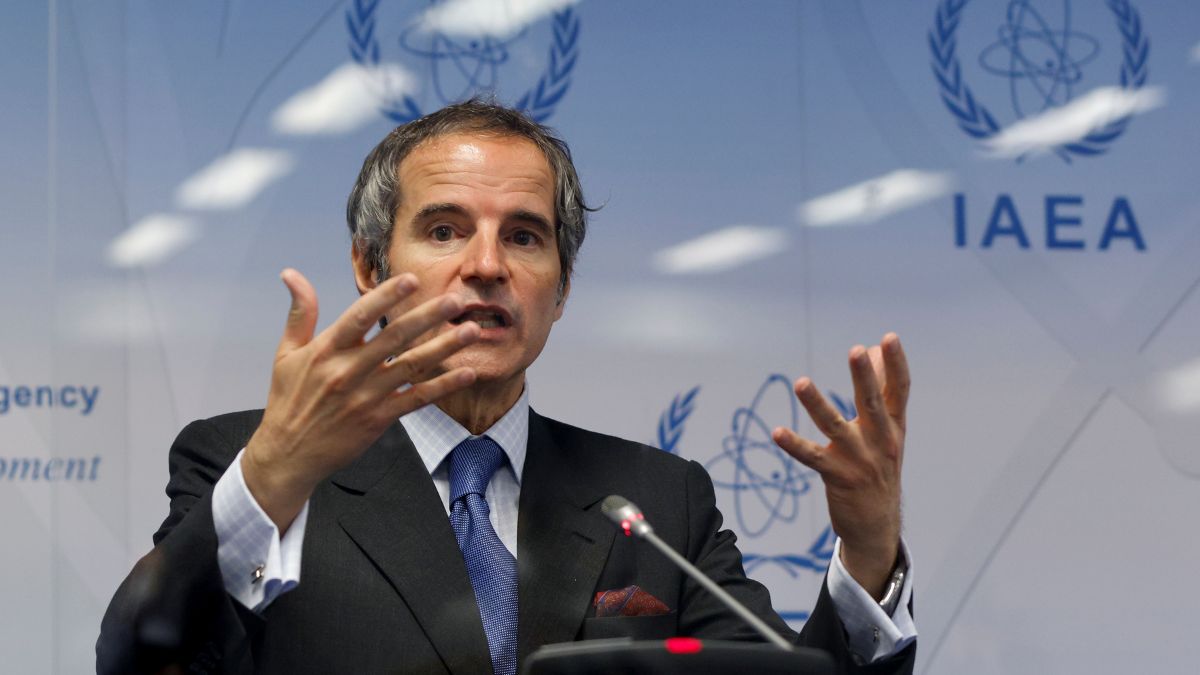)
UN nuclear chief visits Iran for talks amid Israel tension, unease over Trump 2.0
FirstpostHead of UN nuclear watchdog: ‘Dire straits dynamic’ with Iran’s nuclear program amid Mideast wars
Associated PressUN nuclear head to visit Iran for talks on country’s nuclear program as next Trump presidency looms
Associated Press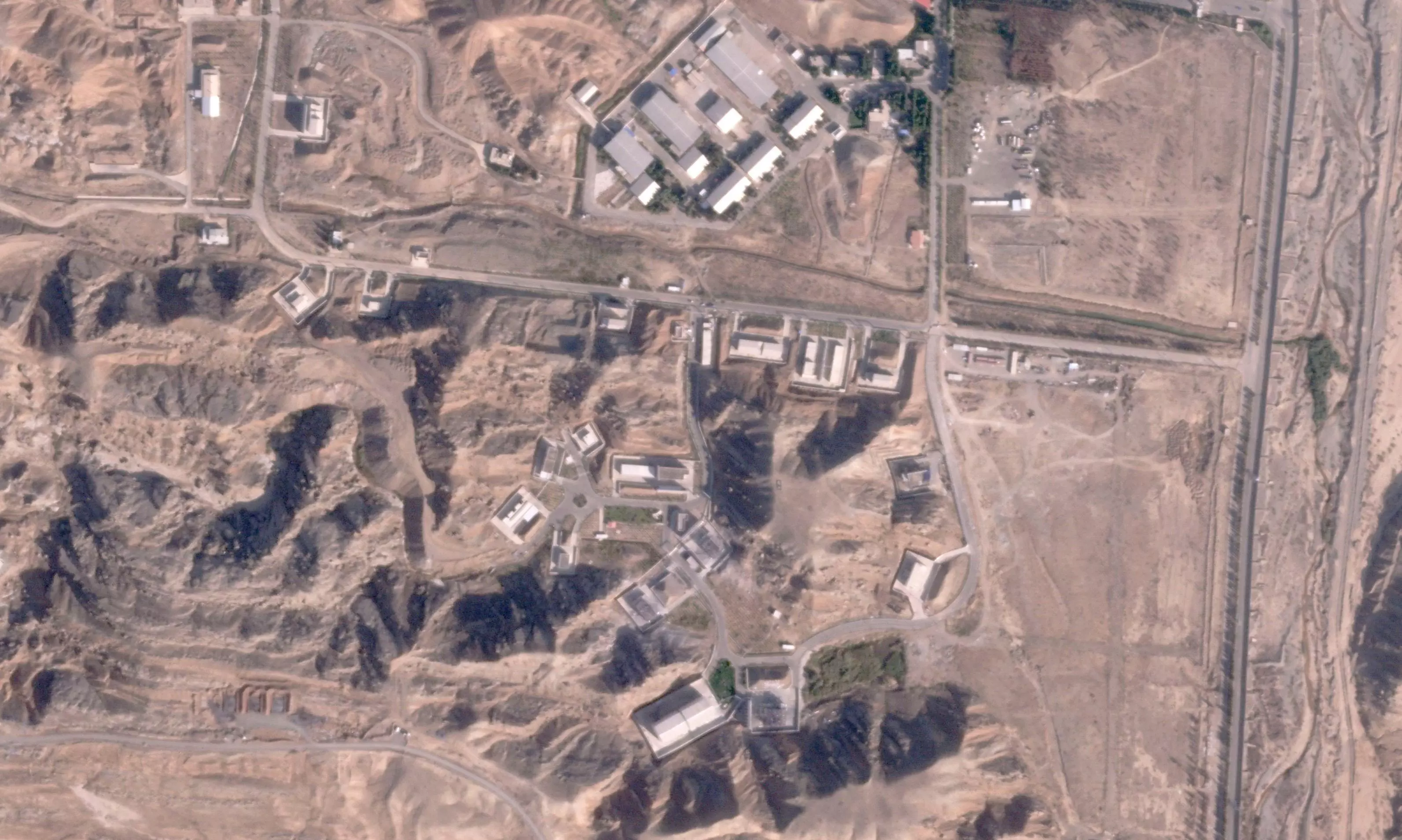
Satellite Images Reveal Extensive Damage to Iranian Military Bases in the Persian Gulf
Deccan Chronicle
Iran orders army to plan for attack if Israel strikes major sites
Daily Mail
Iran prepares for full-scale war with Israel: Ayatollah orders military to plan for attack if Netanyahu gives green light to hit major sites in response to missile barrage
Daily Mail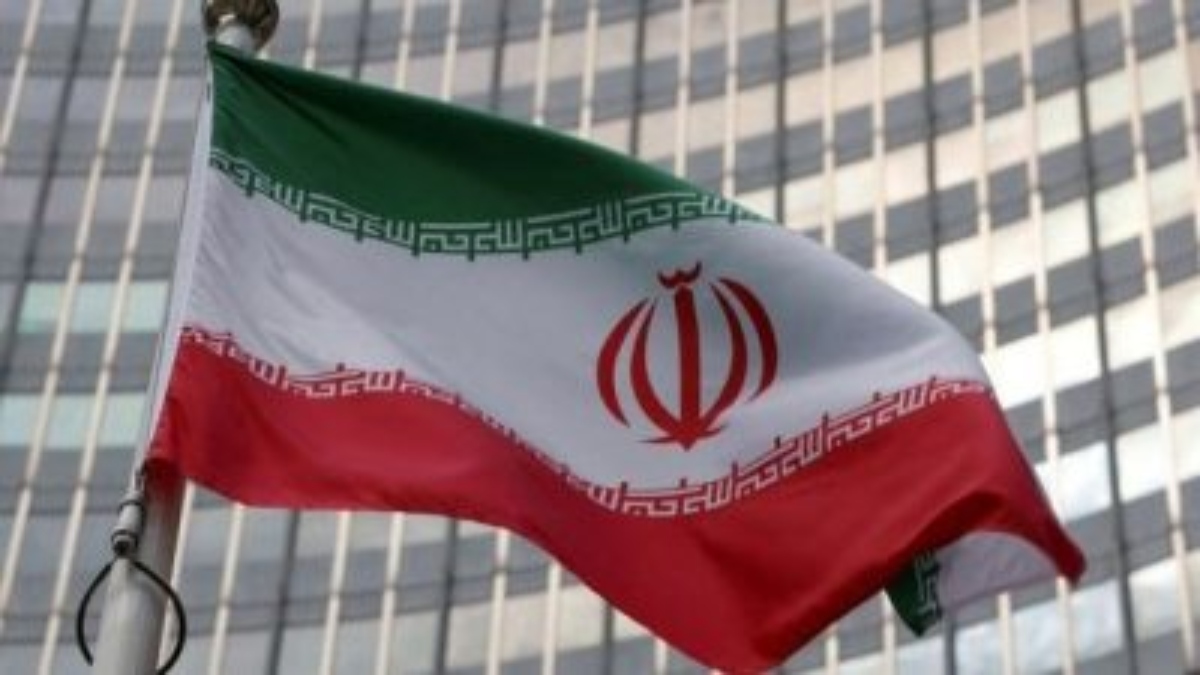)
Iran Warns UN of Retaliatory Strike in Response to Israel's Missile Attack
Firstpost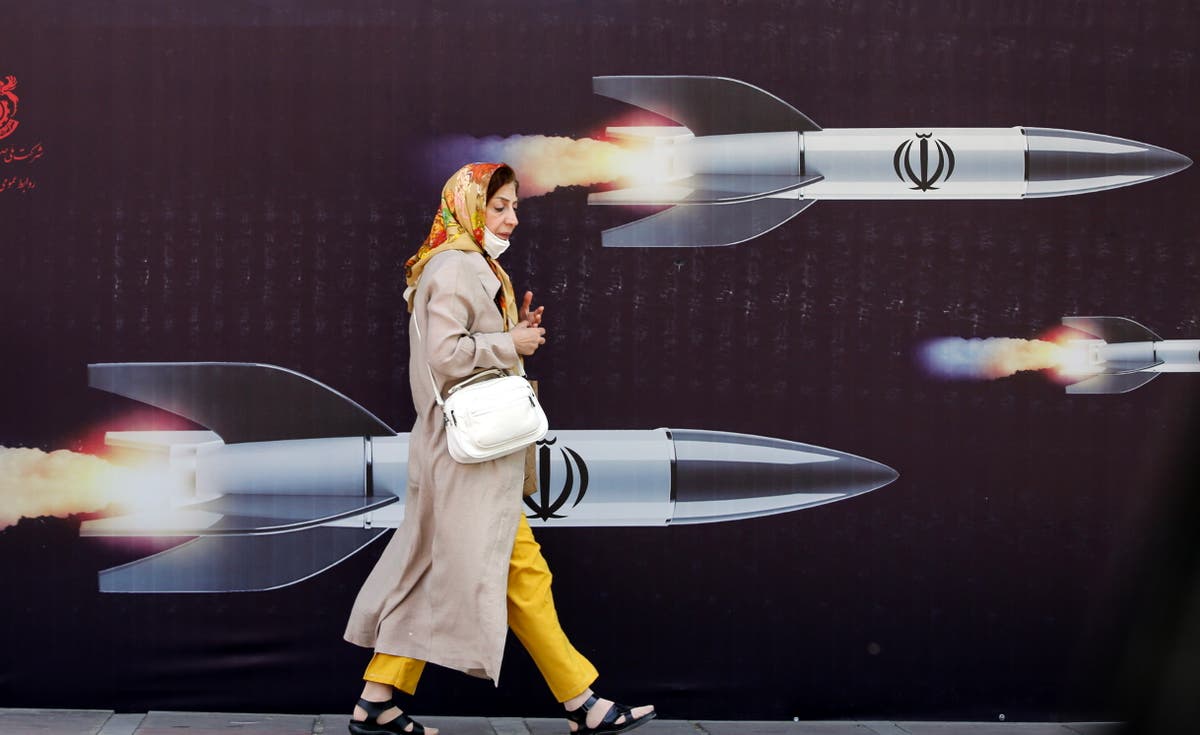
Jack Straw: Iran is on course to build a nuclear bomb and enter a high-stakes gamble
The Independent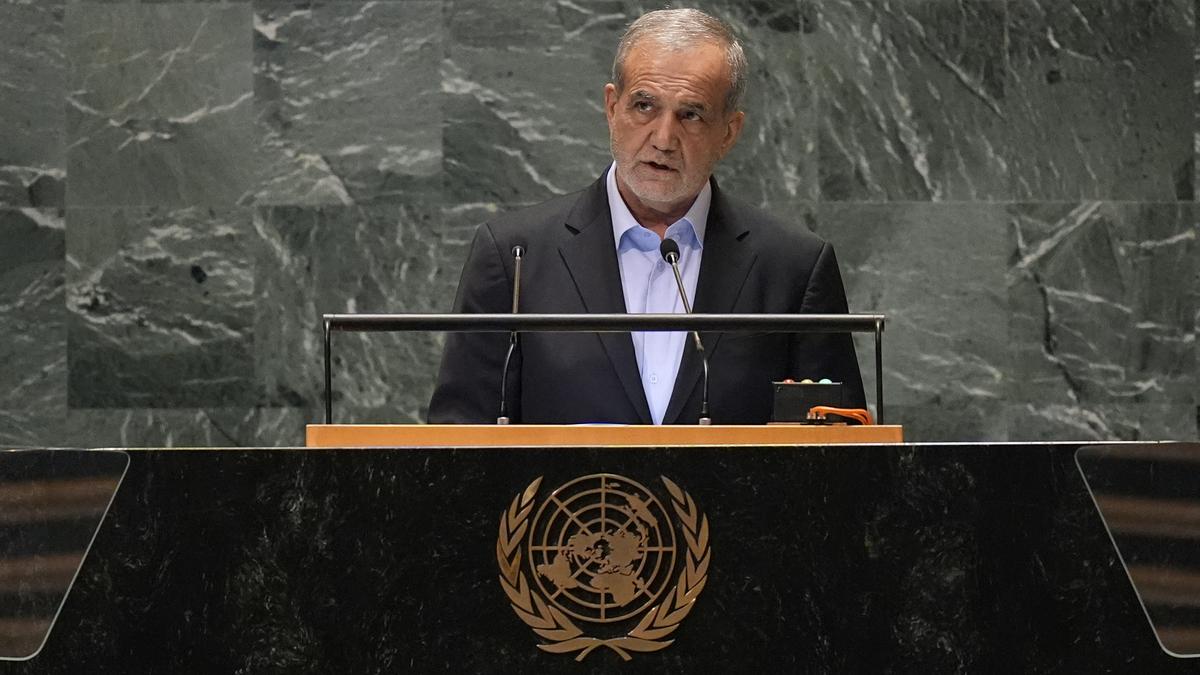
Iran's president urges U.S. to begin new era of relations with Tehran
The Hindu
Iran Hopes For Nuclear Agreement, President Says
Huff PostIran’s president insists Tehran wants to negotiate over its nuclear program
Associated PressIran’s supreme leader opens door to negotiations with US over Tehran’s nuclear program
Associated Press
Donald Trump Campaign Says It Was Hacked, Blames Iran
News 18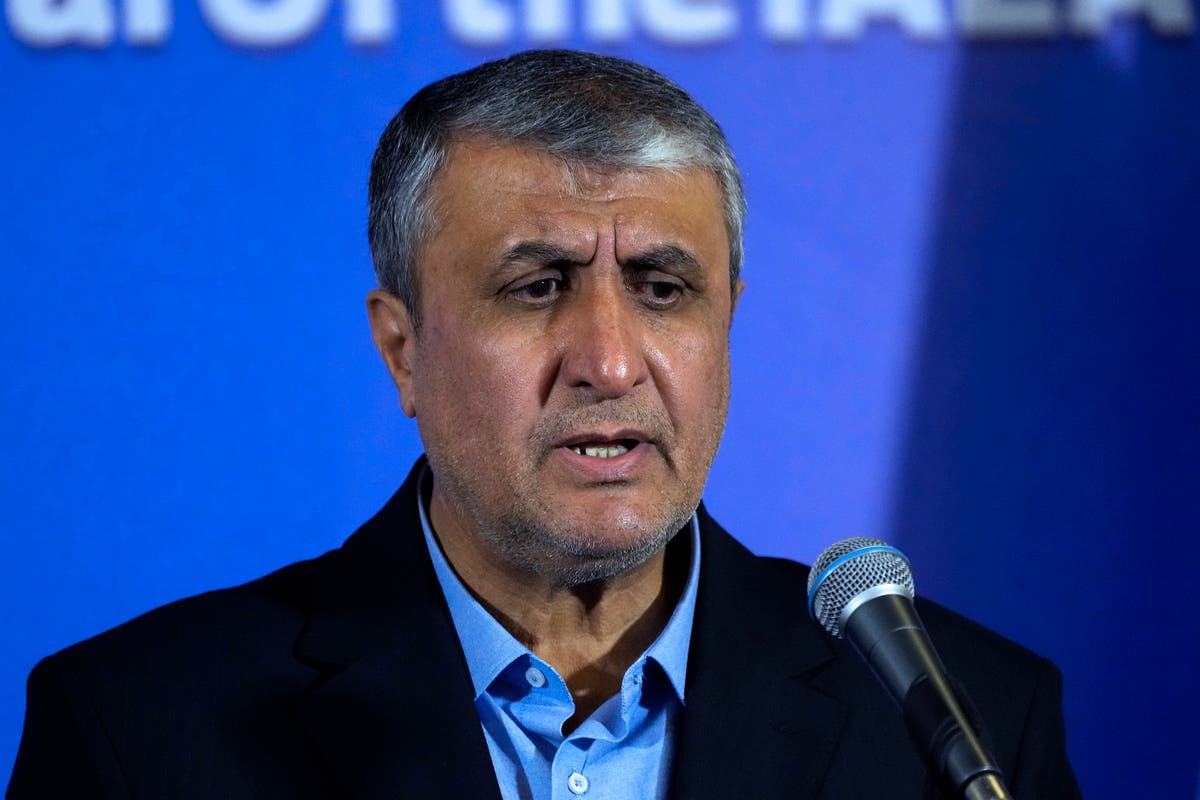
Iran’s new president reappoints UN-sanctioned official as head of the country's nuclear agency
The IndependentIran’s new president is sworn in and pledges to keep trying to remove Western sanctions
Associated PressLong, fraught time line of tensions over Iran’s nuclear program ahead of its presidential election
Associated Press
Iran calls UN nuclear watchdog resolution ‘hasty, unwise’
Al Jazeera
Iran’s new leaders stand at a nuclear precipice
Hindustan TimesUN atomic chief Rafael Grossi urges Iran to take ‘concrete’ steps for cooperation
The HinduIran and the UN nuclear agency are still discussing how to implement a 2023 deal on inspections
Associated PressThe UN nuclear watchdog chief travels to Iran as its monitoring remains hampered
Associated Press
How the Israel-Iran conflict could go nuclear and is helping their leaders cling to power
The Independent
Iran fires air defence batteries at Isfahan air base and nuclear site, after Israeli attack
New Indian Express
Israel says Iran will not get off 'scot-free' following its barrage of missiles and drones, despite Tehran's threat they will employ 'weapons we have never used before' in response to any retaliatory
Daily Mail
Israel-Iran News Highlight: Israeli army chief vows ‘response' to Iran's attack
Hindustan Times
How Iran and Israel became archenemies
NPRThe head of UN’s nuclear watchdog warns Iran is ‘not entirely transparent’ on its atomic program
Associated Press)
'Red lines have sometimes been ignored...': Iran says reviving nuclear deal 'useless'
Firstpost
Iran says reviving nuclear deal 'useless': ‘Red lines sometimes ignored’
Hindustan TimesIran’s president says US should ease sanctions to demonstrate it wants to return to nuclear deal
Associated PressIran’s president urges US to demonstrate it wants to return to the 2015 nuclear deal
Associated PressUN nuclear agency slams Iran for barring ‘several’ inspectors from monitoring its program
Associated Press
UN nuclear agency slams Iran for barring inspectors from monitoring program
Al JazeeraAnalysis: Iran-US prisoner swap for billions reveals familiar limits of diplomacy between nations
Associated Press
Confidential U.N. nuclear watchdog report: Iran slows enrichment of near-weapons-grade uranium
LA Times
Israel could accept US-Iran nuclear understanding: Senior lawmaker
Live Mint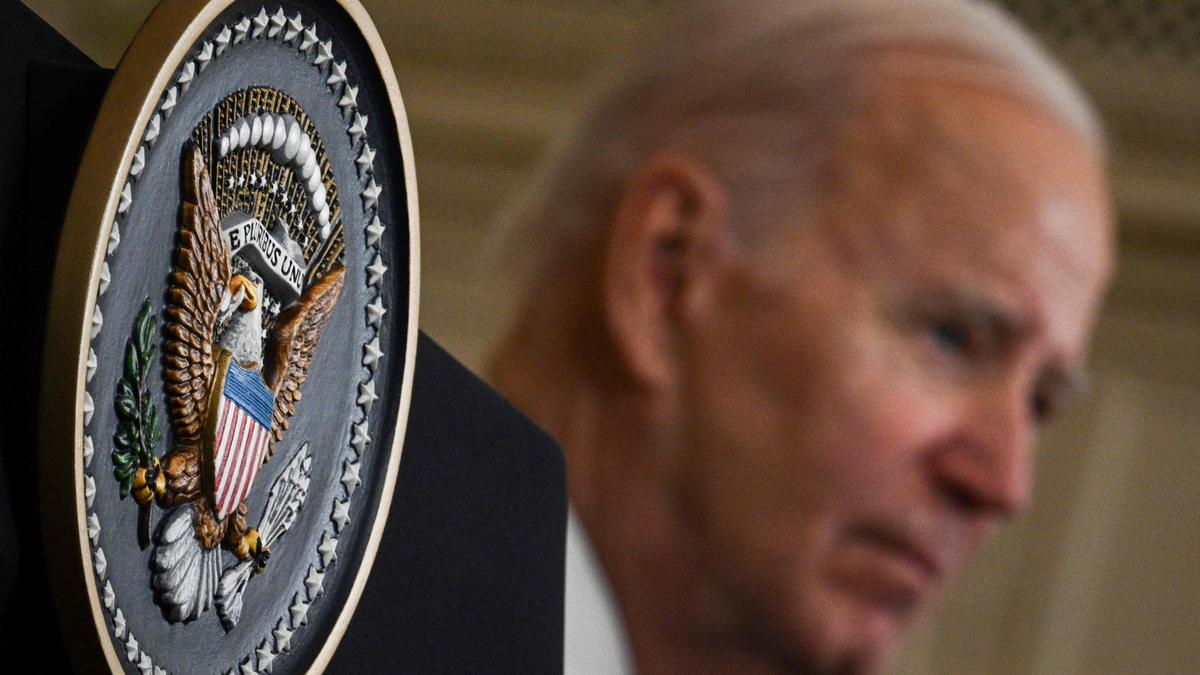
The path to a new and imminent U.S.-Iran nuclear deal
The HinduDiscover Related

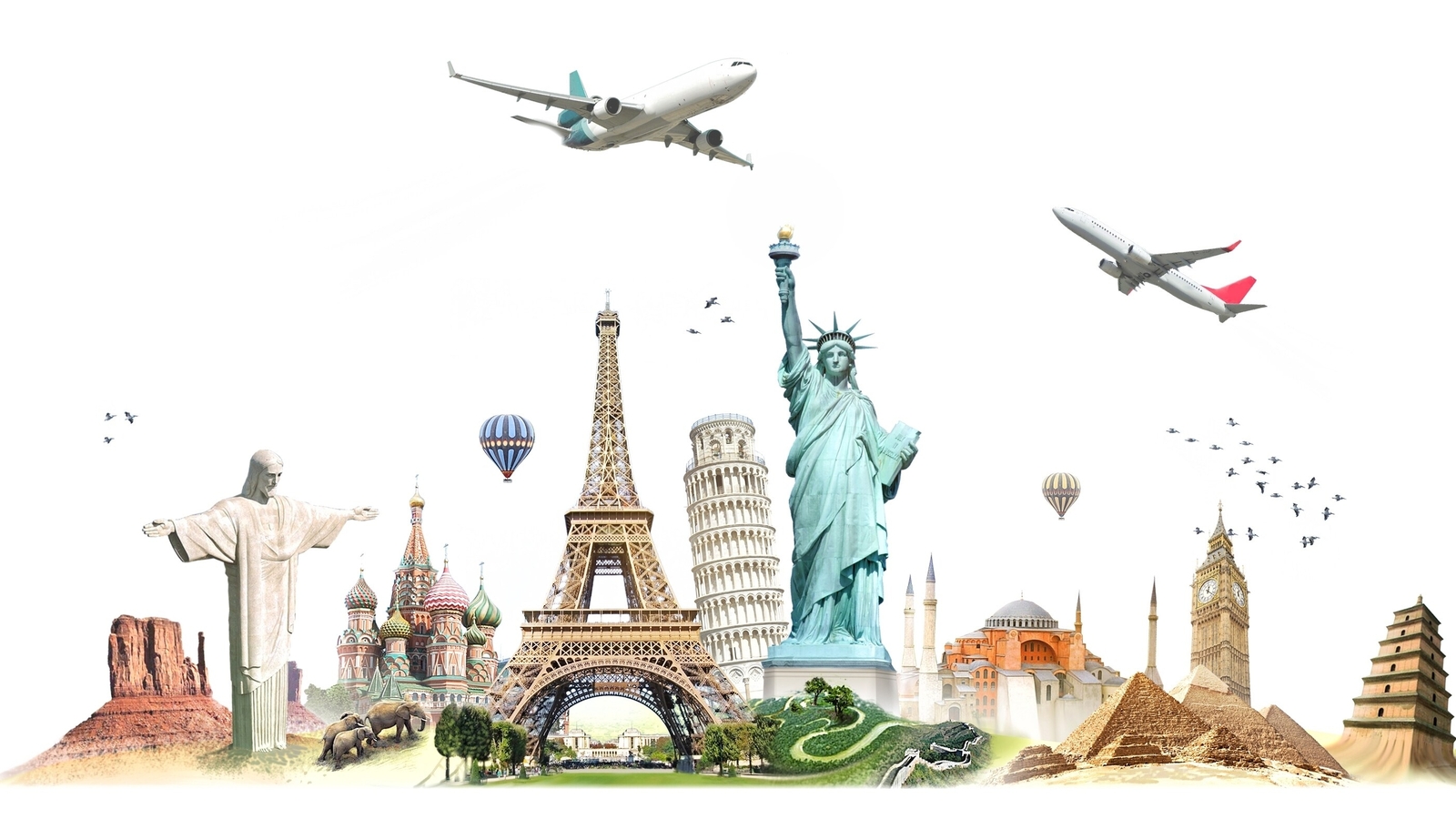


)
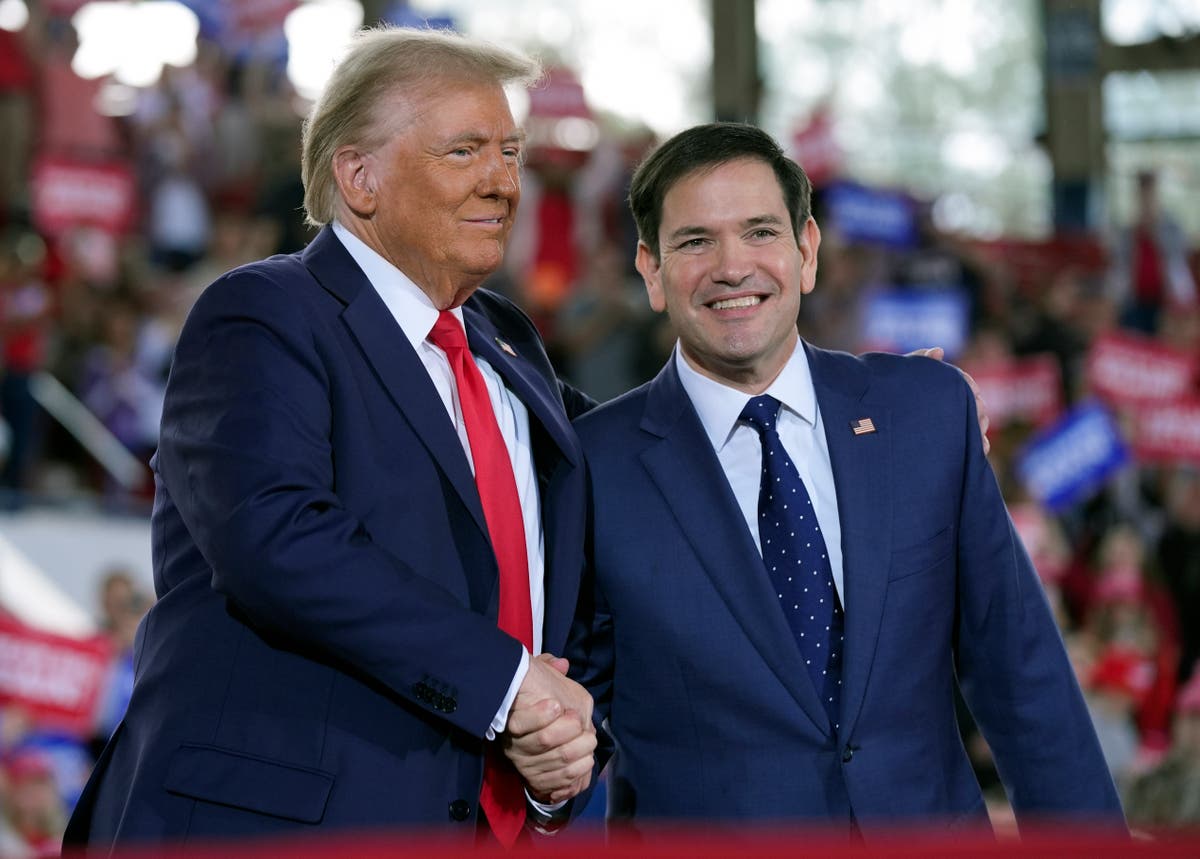
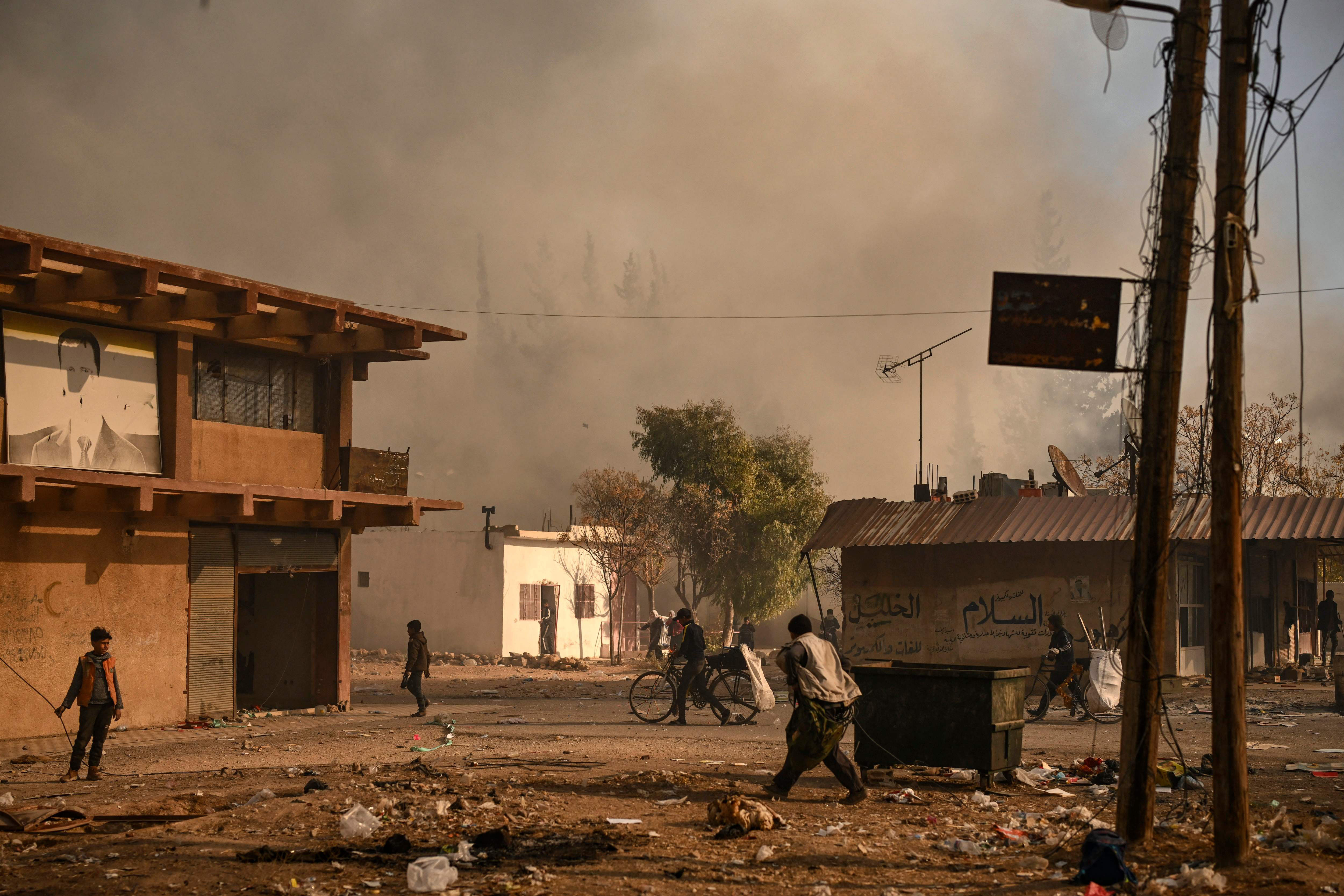

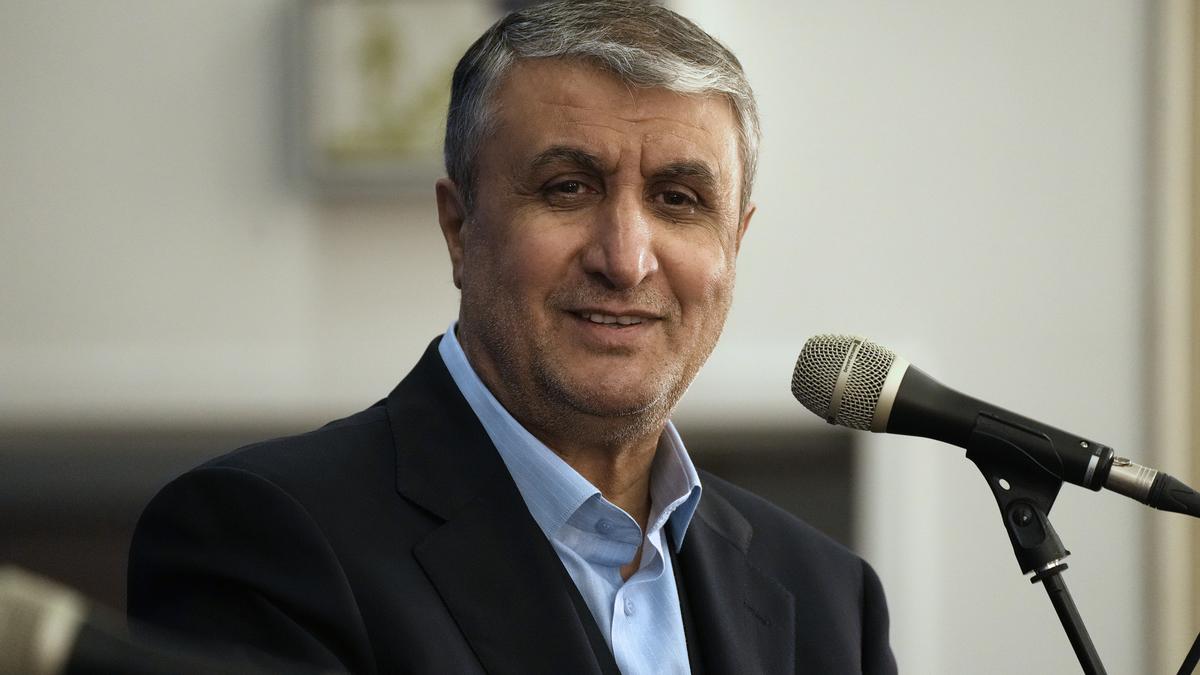
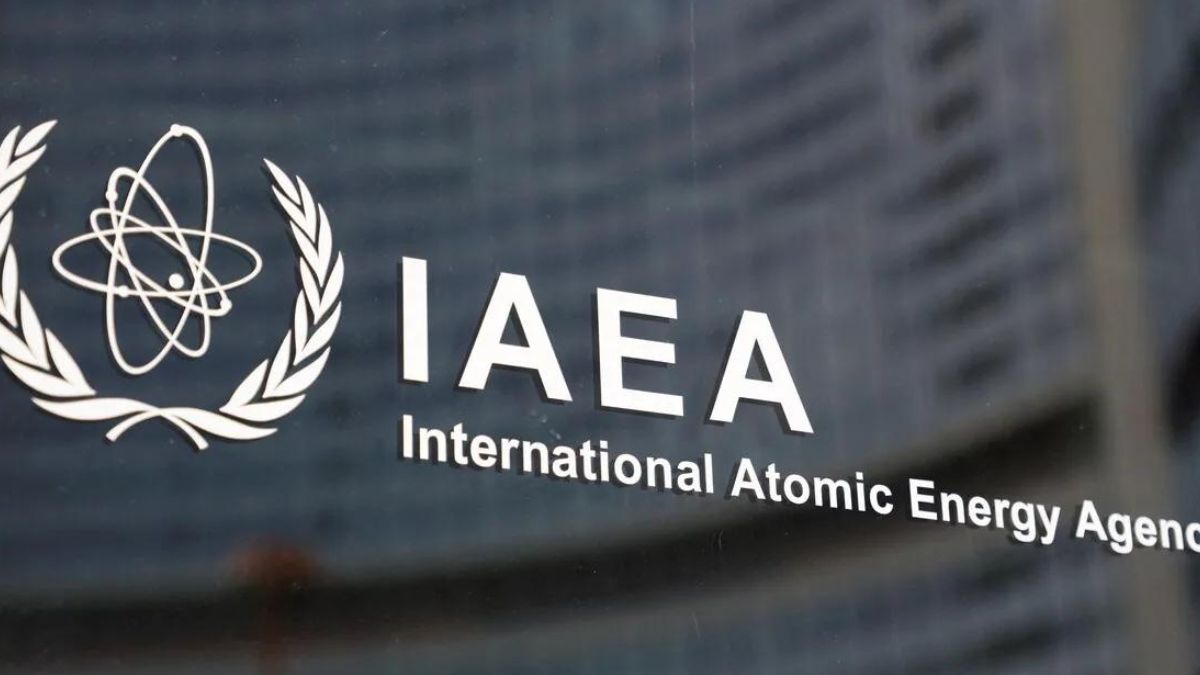)
)


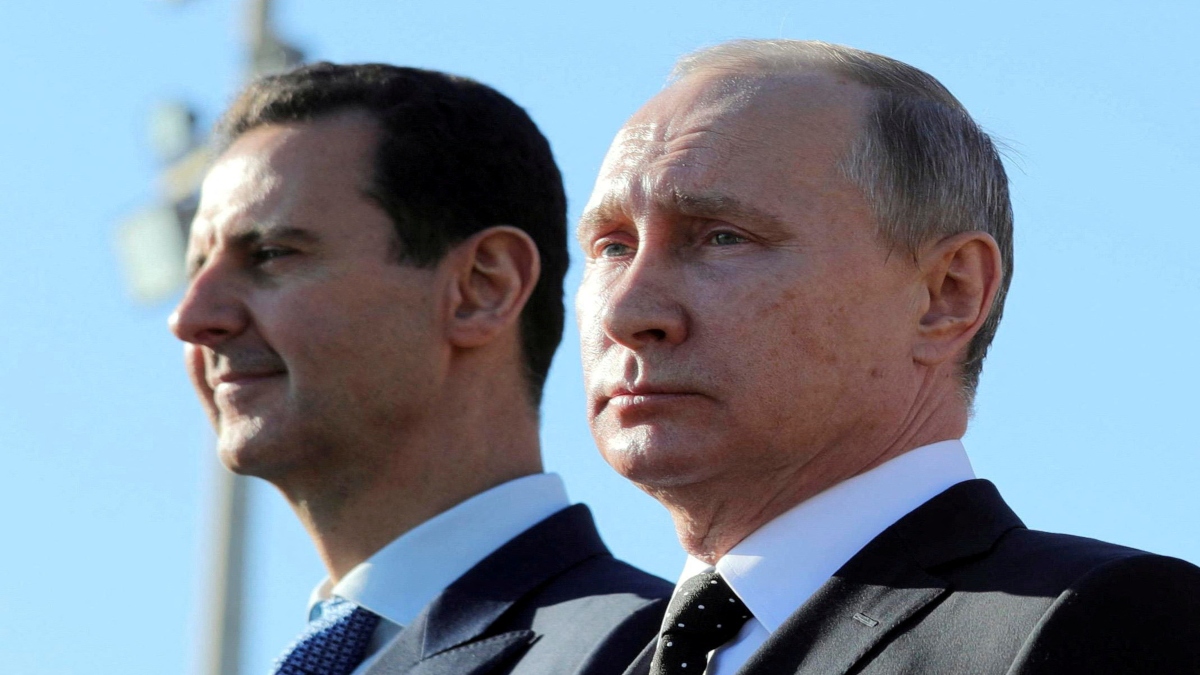)

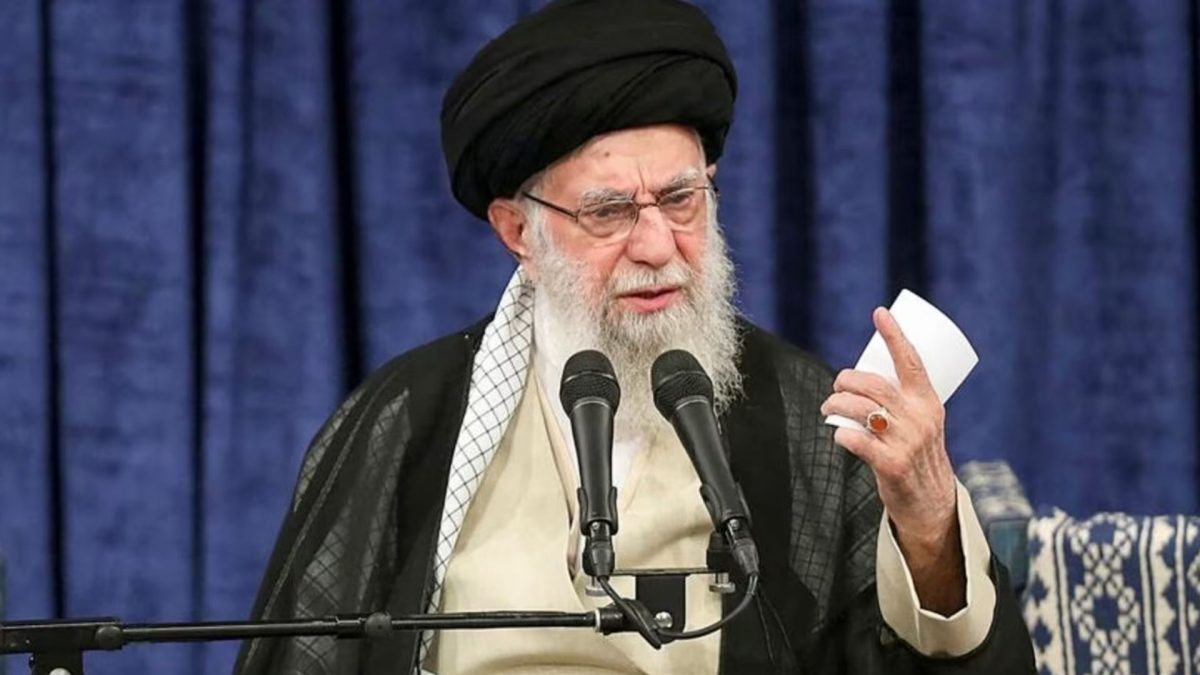)

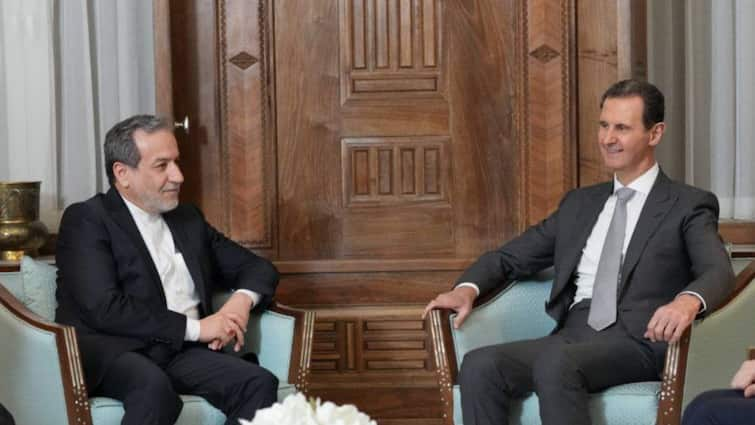
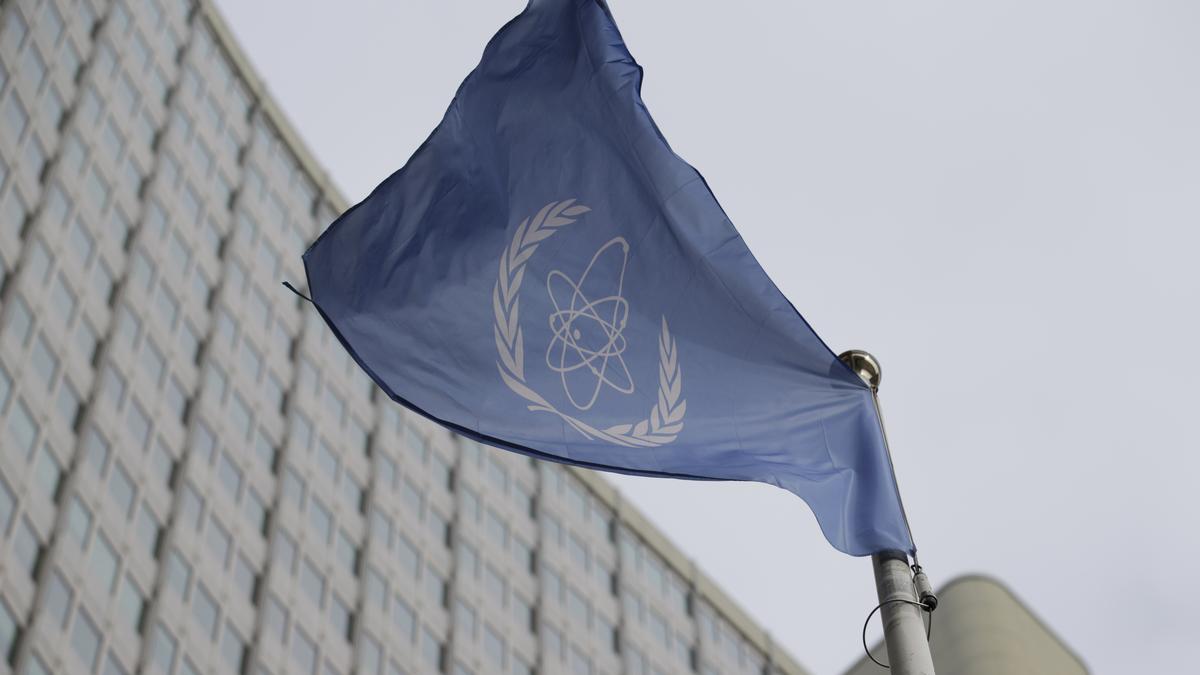

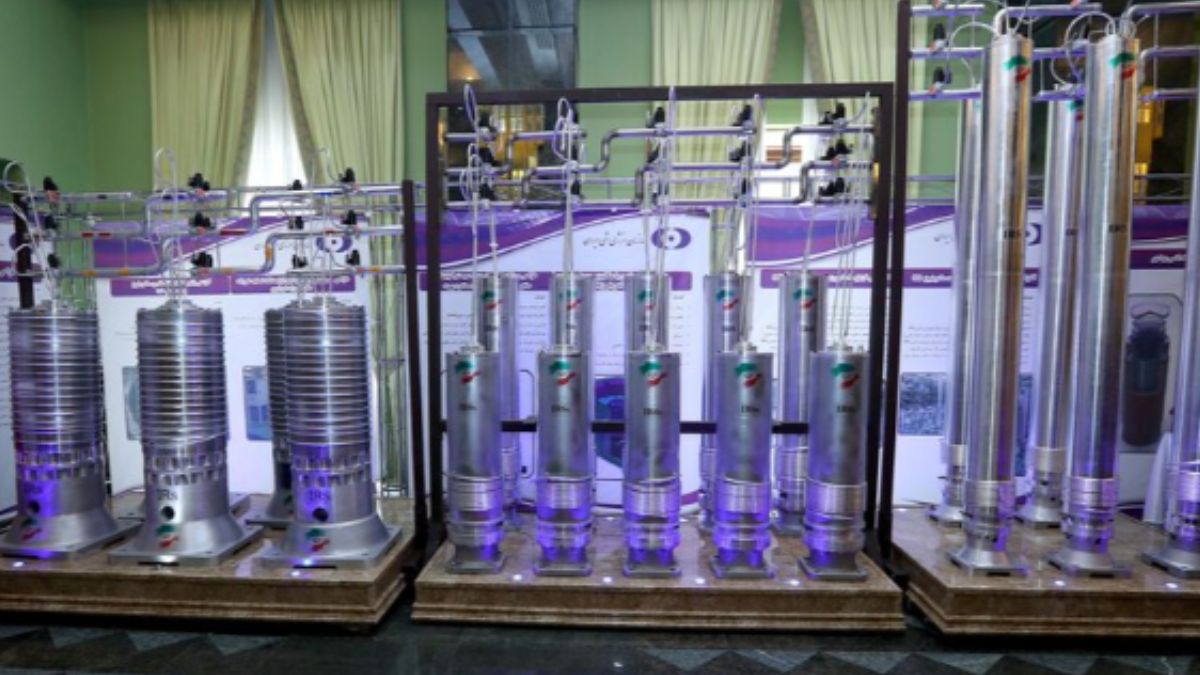)
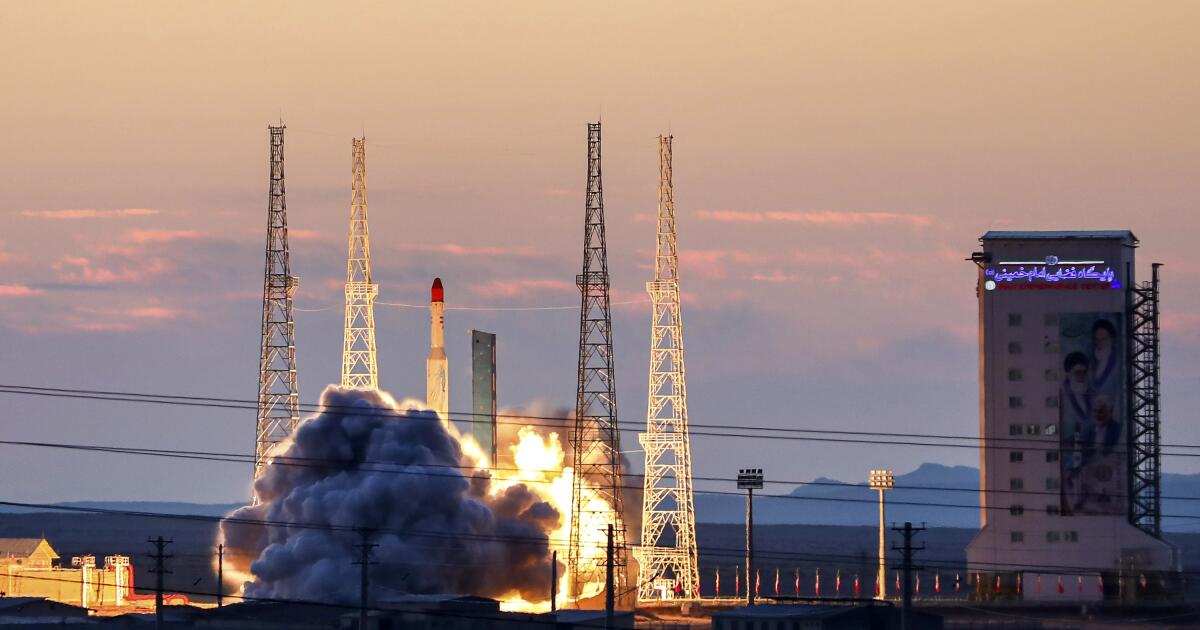
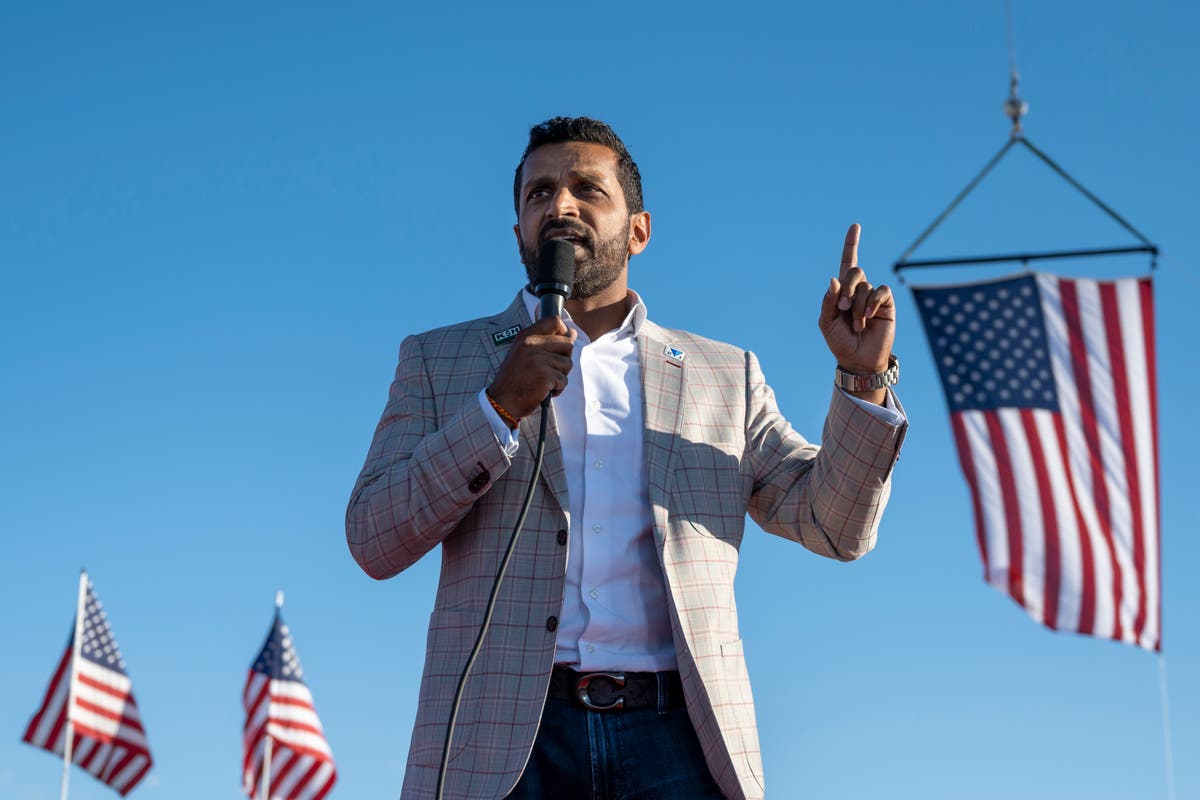

)
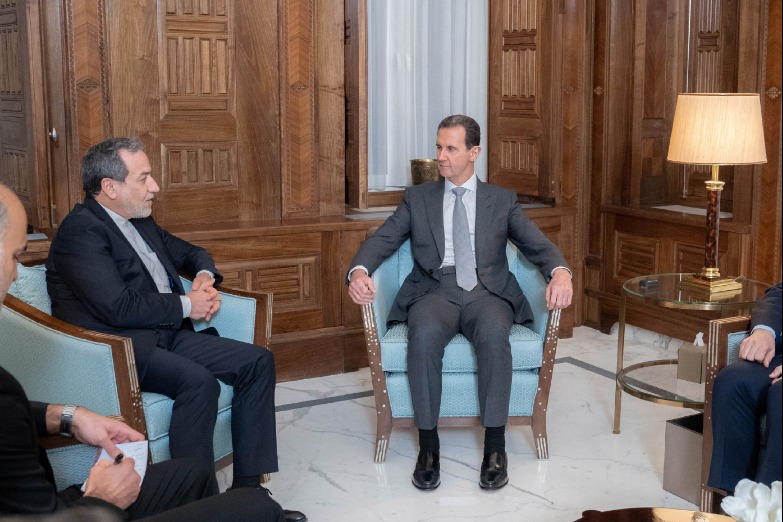
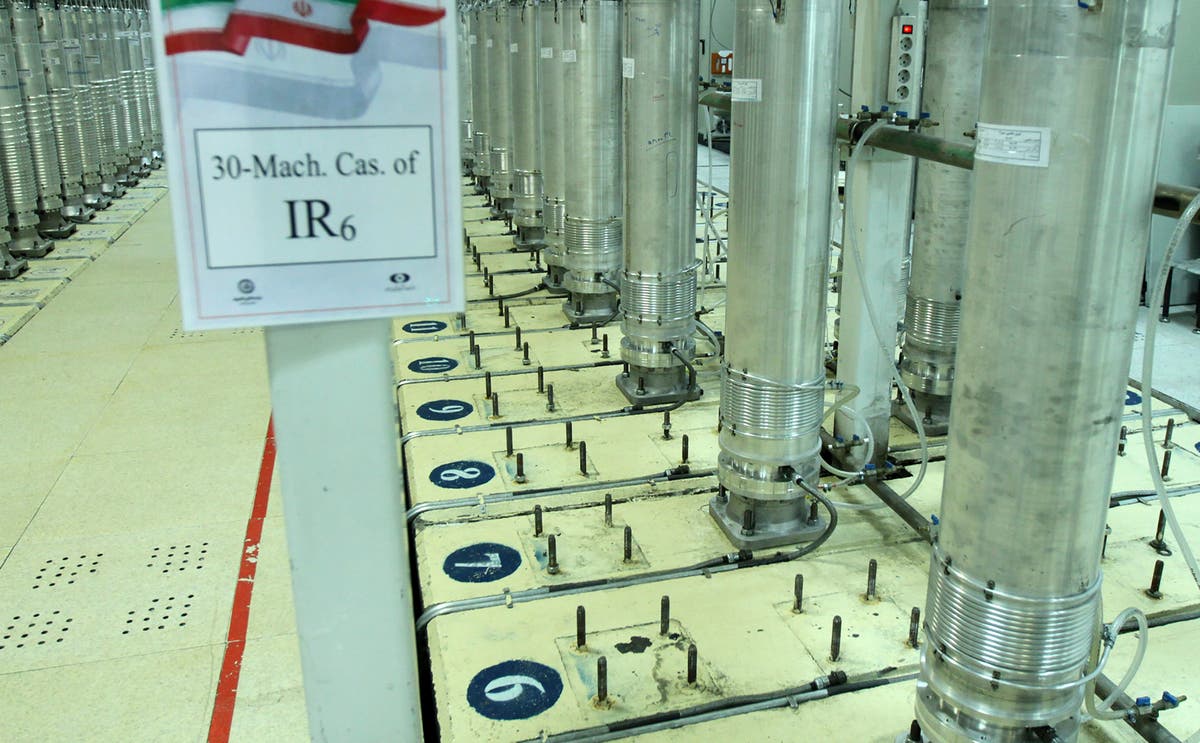
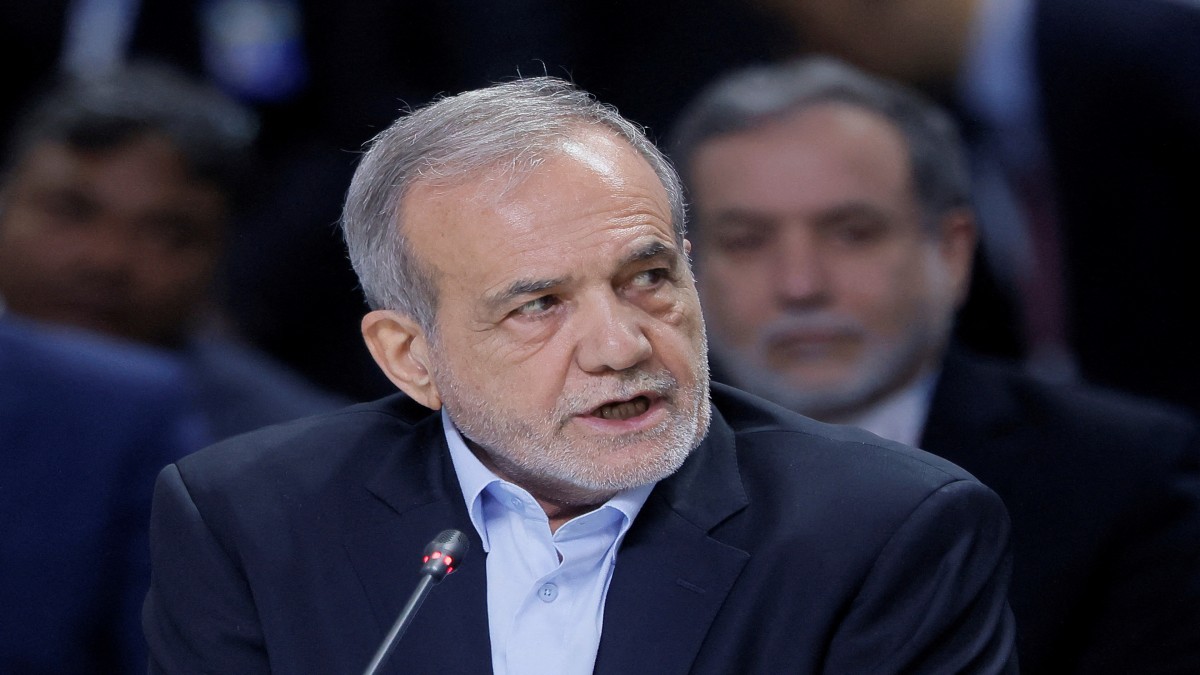)


)
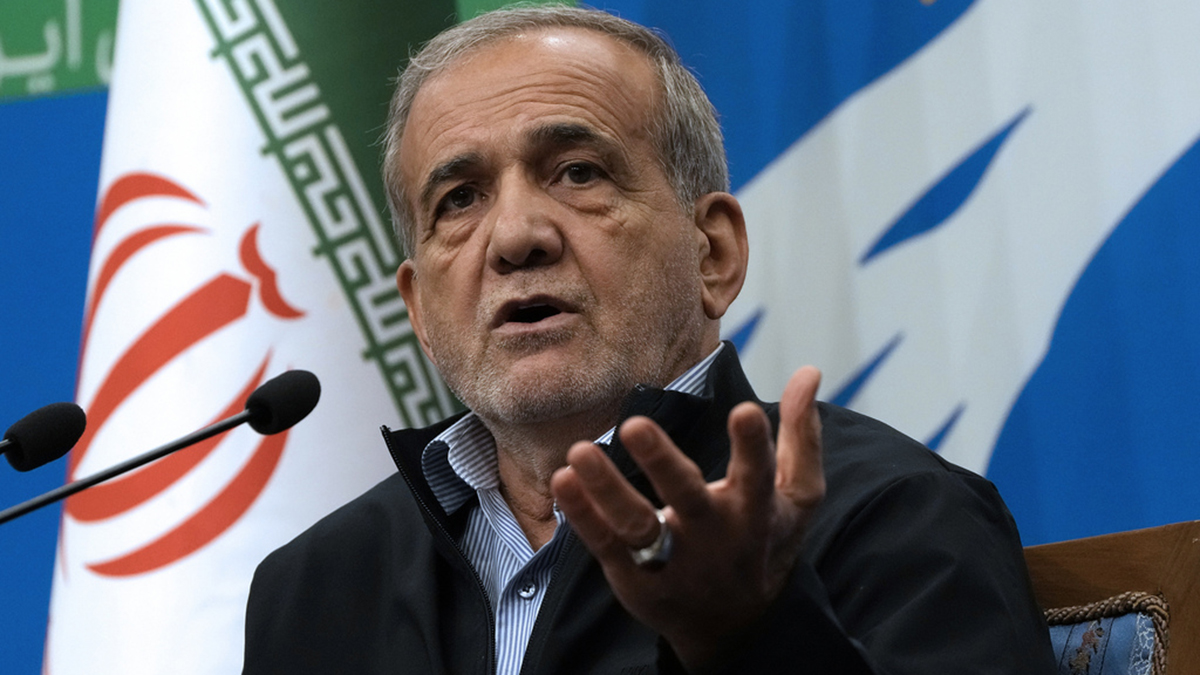)
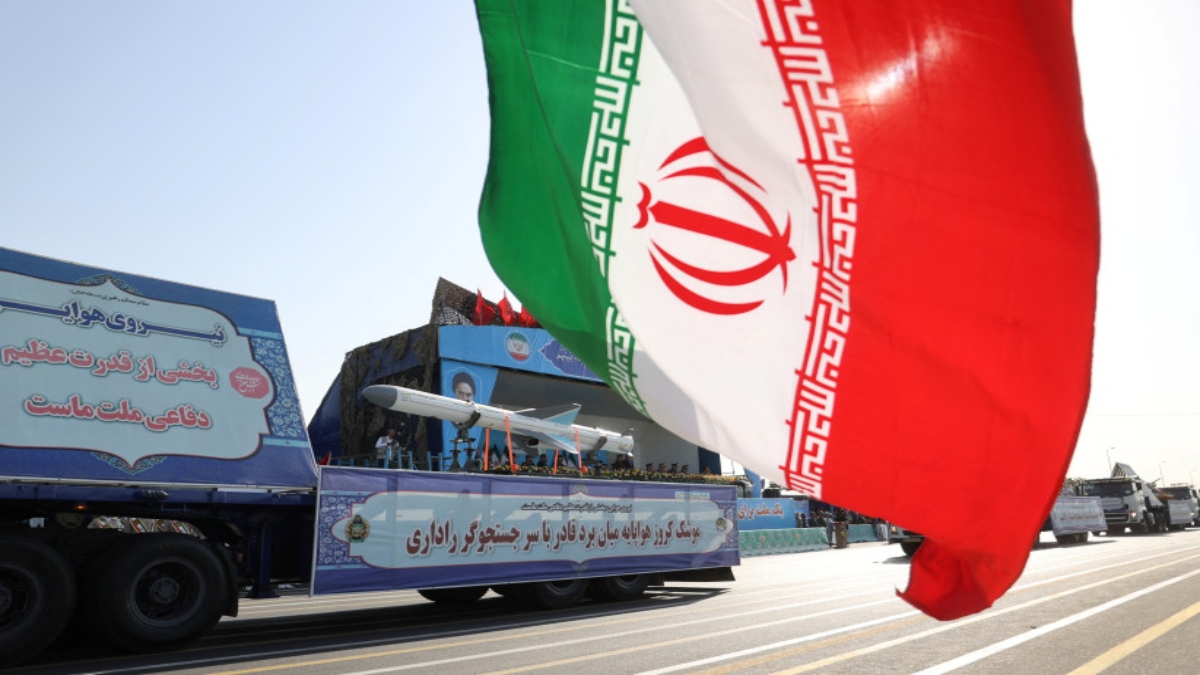)




